Information at the Speed of Trust:
(dis/ill/mis) Information and Security Issues
This is an English language event. The event will not be recorded.
The challenges related to (dis/ill/mis) information are not new yet the scope and pace of the flow of information is now unprecedented. Mis/dis/ill information is now recognized as a key security challenge by governments and international institutions alike. United Nations (UN) peace operations have encountered a myriad of challenges on the nature of their practices, mandates, and missions at doctrinal, conceptual, and operational levels.
These challenges have mobilized extensive reflections on how missions should approach the changing security and political dynamics prevalent in local communities within which missions are deployed for the purposes of peacemaking, peacekeeping or peace enforcement. In addition, relevant debates have also generated (re)considerations related to strategic, tactical, logistical, collaborative, and cooperative challenges at the ground operational level that missions must overcome on a daily basis. While doctrinal debate and challenges related to the conceptualization, interpretation, and implementation of peace operations continue to be assessed and widely analyzed those on local perceptions and (dis/ill/mis) information are under-researched and studied. Only within the past four years, the challenge of coping with the (dis/ill/mis) information has been introduced in the mandates of peacekeeping missions. The conference will convene scholars, practitioners and experts to discuss the complex and substantial ways in which mis-/dis-/ill- information impact security on a local, national and international level.
Agenda
09:15 – 09:30 : Introduction Remarks
- Dr. Sarah-Myriam Martin-Brûlé
- Dr. Yvan Ilunga
09:30 – 11:30 : How information flows in local communities within which peace operations are present, and how they impact both quotidian and long-term dynamics of peace missions/national initiatives?
Chair : Dr. Bruno Charbonneau
- Dr. Yvan Ilunga and Dr. Sarah-Myriam Martin-Brûlé
- Dr. Fifi Edu-Afful
- Master Warrant Officer Edwin Pinaroc
- Dr. Delphine Bonnardot
- Sebastian Fasanello
11:30 – 13:00: Lunch
13:00 – 15:00 : How disinformation is identified by international institutions and which policies/strategies are put in place to tackle the issue from a UN perspective?
Chair : Dr. Sarah-Myriam Martin-Brûlé
- Dr. Cedric De Coning
- Albert Trithart
- Pernilla Ryden
- Naomi Miyashita
15:15 – 17:15 : How disinformation is a security issue on a national basis threatening the security and safety of national population?
Chair : Dr. Frédérick Gagnon
- Dr. Adriana Seagle
- Dr. Jean-Christophe Boucher
- Dr. Mark Duerksen
- Dr. Dani Madrid-Morales
17:15 – 17:30 : Closing remarks

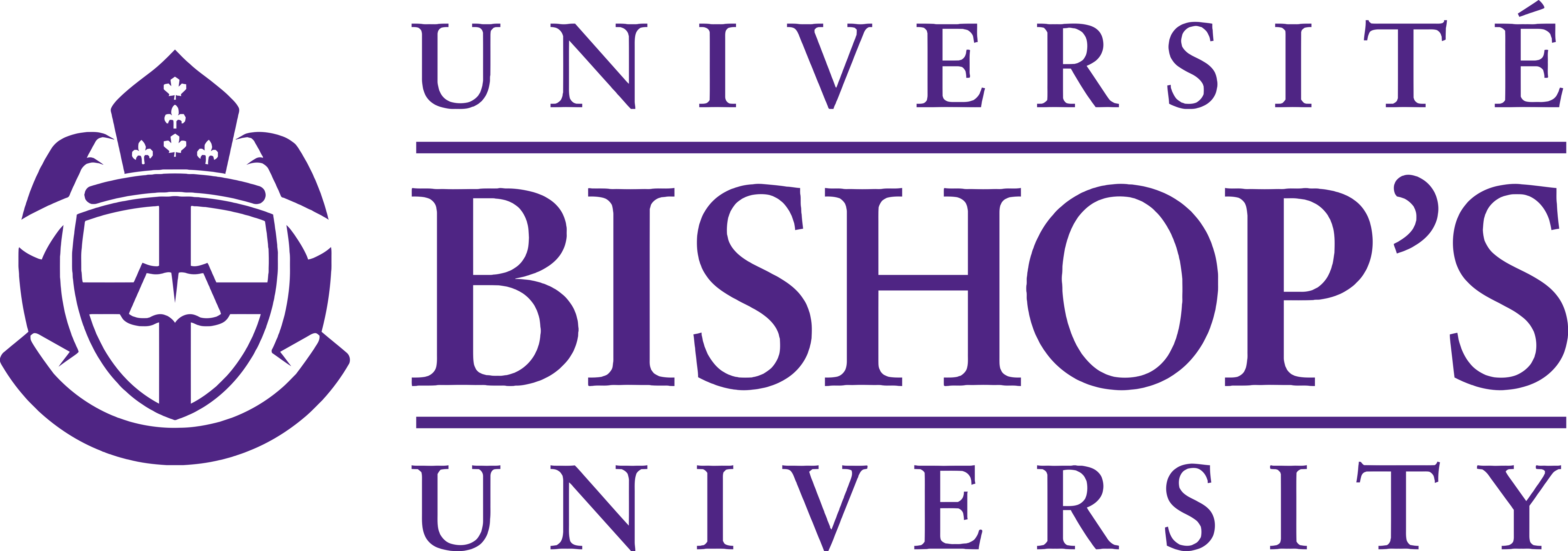

Bios:
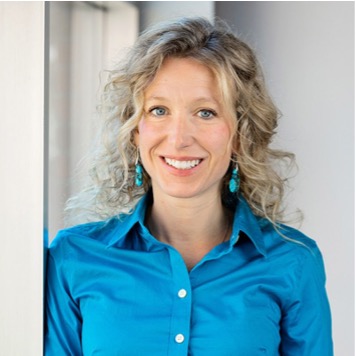
Sarah-Myriam Martin-Brûlé is Full Professor at Bishop’s University and Non-Resident Fellow at the International Peace Institute, New York. She is the Deputy Director of the Centre FrancoPaix. In 2018–2019, she was the Canada Fulbright Research Chair for Peace and War Studies. In 2021, she was awarded the 3M National Teaching Fellowship. She is an associate faculty member of the Center for International Peace and Security Studies (CIPSS) and of the Montreal Center for International Studies (CERIUM). Her research focuses on peacekeeping-intelligence, peace operations and security issues related to intra-state wars. Her most recent publications include “Competing for Trust: Challenges in UN Peacekeeping-Intelligence“. Author of the first UN guidelines on Gender and Peacekeeping-intelligence, she is also co-author of the first United Nations Field Handbook on Joint Mission Analysis Centres (United Nations, 2018), she recently conducted fieldwork at the MINUSCA (Central African Republic), MINUSMA (Mali), MONUSCO (Democratic Republic of Congo), UNOCI (Côte d’Ivoire) and UNMISS (South Sudan). She is co-hosting the podcast “Conseils de sécurité” a co-production of the CDSN-RCDS and RAS-NSA.
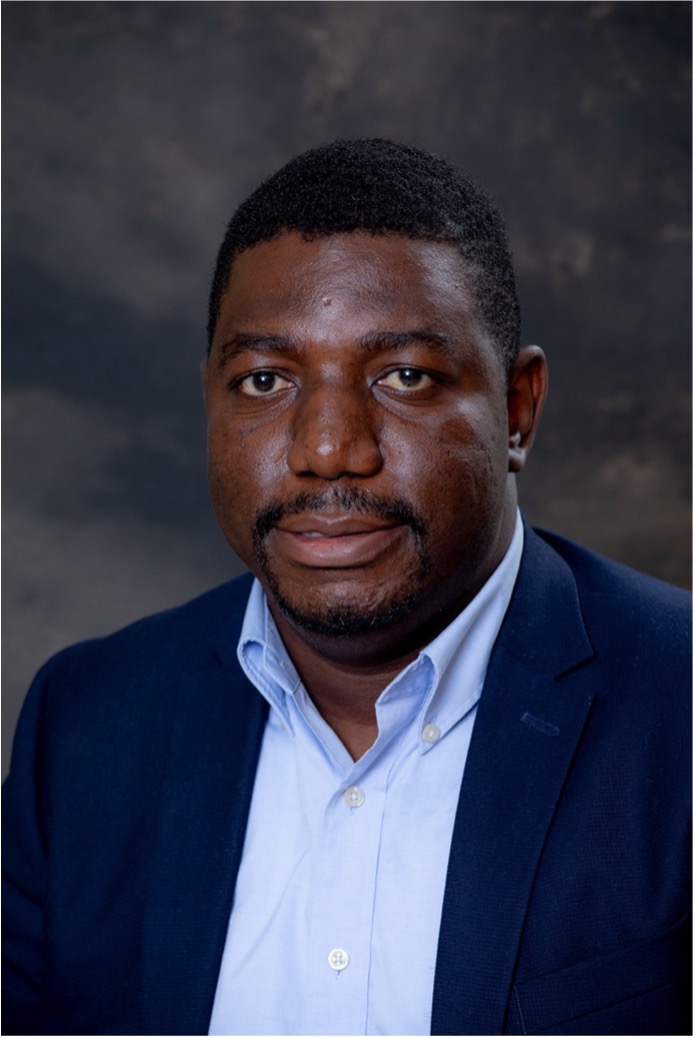
Dr. Yvan Ilunga is Assistant Professor at Salve Regina University, and have taught at Central State University, Providence College and James Madison University, and was a visiting scholar in the Department of Peace and Conflict Studies at the University of North Carolina Greensboro. He is also the deputy director of Joint Civil-Military Interaction, a research and education network, and have published a number of articles on Africa. Dr. Ilunga is fluent in French, English and Swahili.
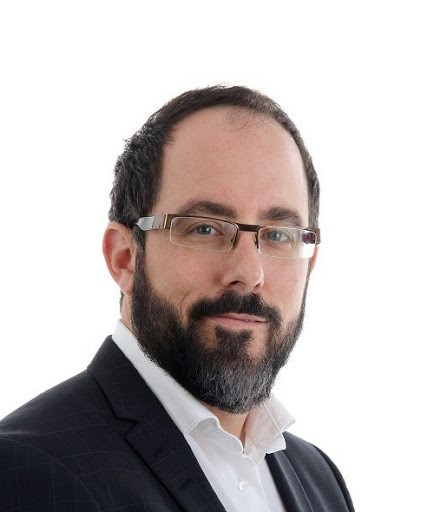
Bruno Charbonneau (PhD Queen’s University) is Full Professor of International Studies, and Director of the Centre for Security and Crisis Governance (CRITIC) at the Royal Military College Saint-Jean. He is also founder and Director of the Centre FrancoPaix in Conflict Resolution and Peace Missions of the Raoul-Dandurand Chair at the Université du Québec à Montréal. Since 2015, he has been an editorial board member of the academic journal International Peacekeeping. His work examines the power politics of and interactions between international interventions and armed conflicts. In particular, he analyses the regional and international dynamics of conflict management and resolution in the Francophone West African Sahel.
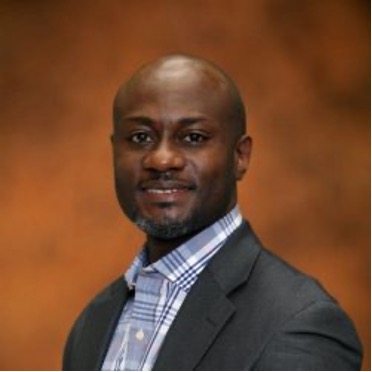
Fiifi Edu-Afful (PhD) is a Senior Research Fellow at the Kofi Annan International Peacekeeping Training Centre (KAIPTC). He has over 10 years’ experience authoring, teaching and facilitating on conflict, peace and security. Between 2013 and 2014, he served as an Advisory Team Member for the United Nations Office of Internal Oversight Services (OIOS) on the Prevention of Sexual Exploitation and Abuse in UN peacekeeping. He is currently an Advisory Board Member, Gender, Justice and Security, UKRI GCRF Hub. He has also served as a lead facilitator for the African Centre for the Study & Research on Terrorism (ACSRT/CAERT). He is the 2019 Winner of the Inaugural Peace Studies Section-Lynne Rienner Publishers Global South Grant for the International Studies Association.
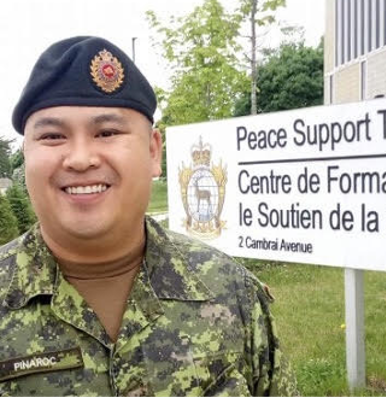
Master Warrant Officer Edwin Pinaroc has twenty-six years of military service in the Canadian Armed Forces and has worked in Information Operations and Influence Activities since 2003. He has held various positions in the Canadian Armed Forces (CAF), NATO and the UN, including as an instructor at the Peace and Support Training Centre (PSTC) and Joint Targeting & Effects (JTE) Analyst at Canadian Joint Operations Command (CJOC). Currently, he is the Squadron Sergeant Major at the PSTC, overseeing training to include the United Nations Military Observer Course (UNMO) and Hazardous Environment Training (HET) for other government departments and Heads of Missions.
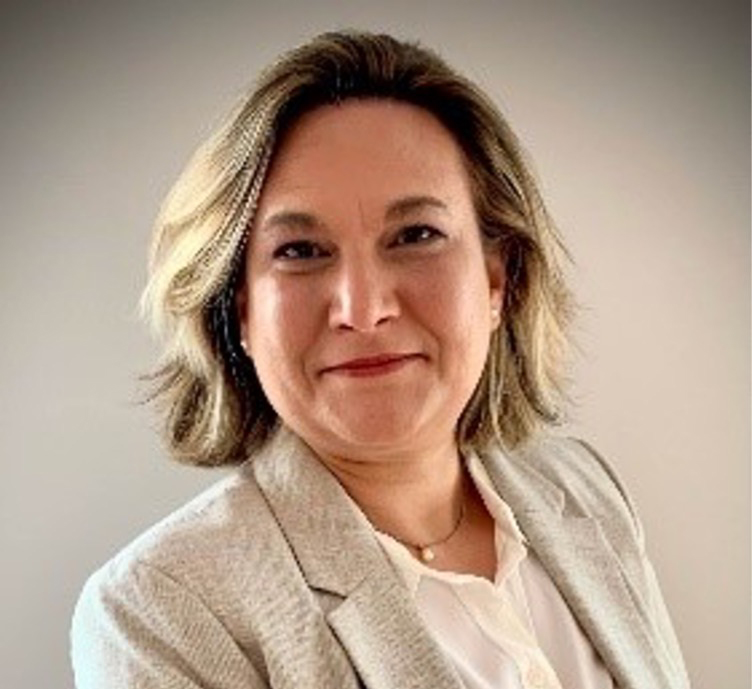
Dr Delphine Bonnardot joined the Canadian Armed Forces as a Naval Combat Officer and later transferred to Public Affairs. She deployed numerous times, in Canada and abroad, including in Eastern Europe, as part of NATO assurance and deterrence measures. As an international specialist in the issue of gender and security, Dr Bonnardot has advised capacity building in many countries in Asia Pacific and Africa in the field of Women, Peace and Security. Highlighting the topic of empowering women, promoting peace and sharing her operational and strategic experience have always been at the center of her life and her personal interests.
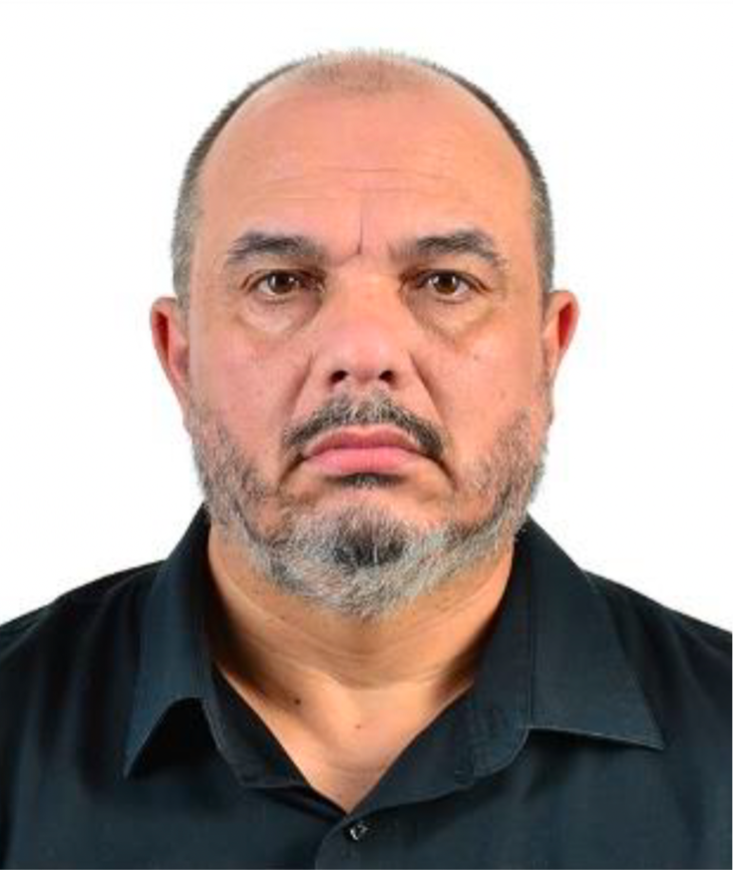
Sebastian Fasanello is Senior Information Analyst at the Chief Joint Mission Analysis Center for United Nations Stabilization Mission for the Democratic Republic of the Congo-MONUSCO. He has served for more than fifteen years with the United Nations, in MONUC and then MONUSCO. He served in the Joint Mission Analysis Center (JMAC) in different capacities between 2006 and present day. He deployed to MONUC as Military Observer, being posted to JMAC during his Tour of Duty as Military Analyst. He returned to MONUC few months later to serve as Information Analyst after having retired from the Army. He was appointed Chief JMAC in July 2015, and is responsible for the team generating integrated, forward-looking analysis in support of the decision-making process by MONUSCO leadership.

Dr. Cedric de Coning is a Research Professor in the Research group on peace, conflict and development at NUPI. He co-directs the NUPI Center on United Nations and Global Governance, and the Climate, Peace and Security Risk project. He coordinates the Effectiveness of Peace Operations Network (EPON) and contributes to the Training for Peace programme, the UN Peace Operations project (UNPO) and several others. He is also a senior advisor for ACCORD. He tweets at @CedricdeConing.
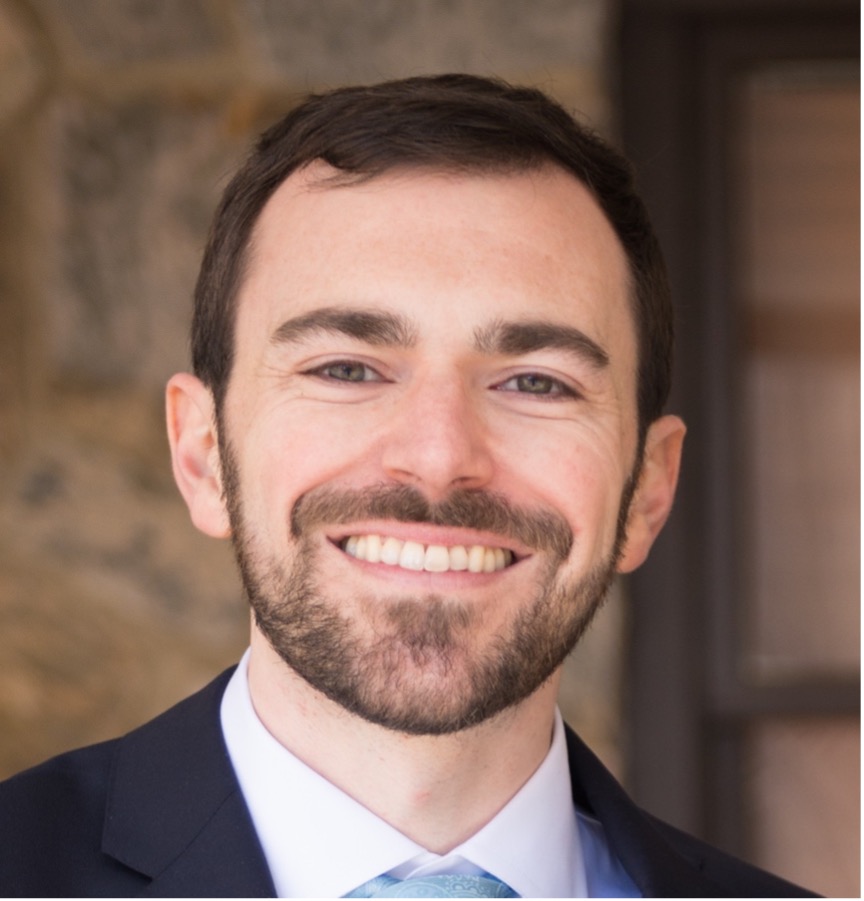
Albert Trithart is Editor and Research Fellow at the International Peace Institute (IPI), he is involved with editing and producing IPI books, policy reports, issues briefs, and research publications. He has authored the most recent IPI report on disinformation against UN peacekeepers and coauthored an additional report focusing on the strategic communications in UN peace operations. Before joining IPI, Albert was a program officer at Conflict Dynamics International (CDI), where he conducted research and engagement related to governance and peacebuilding in Sudan.
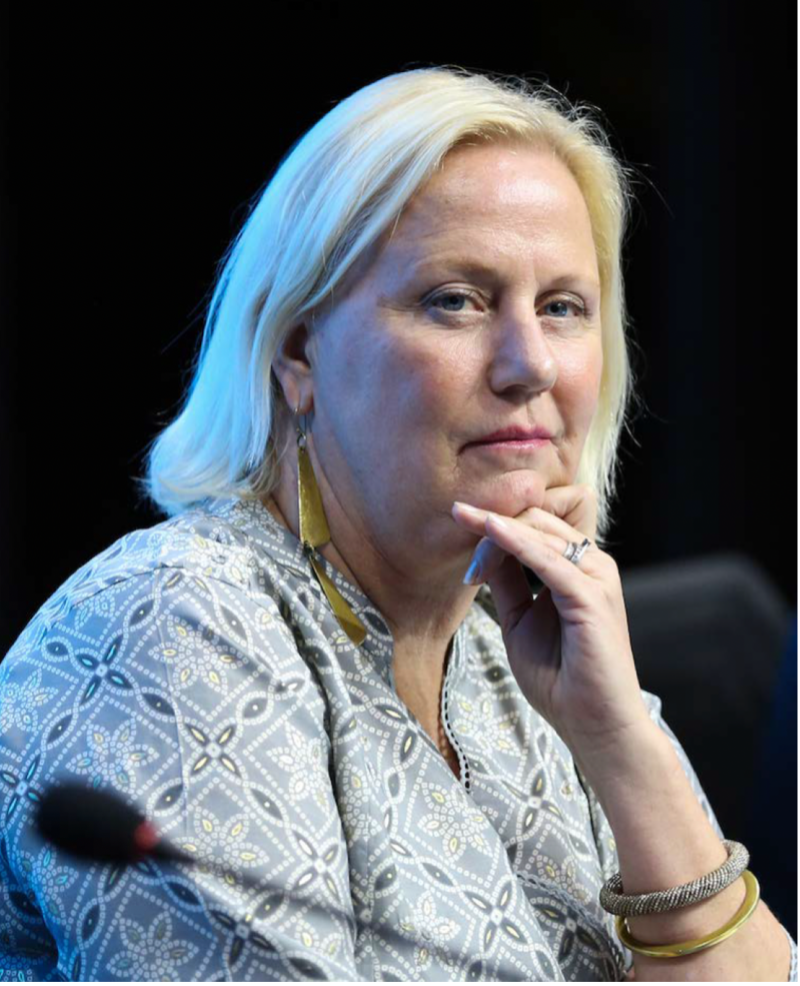
Pernilla Rydén is Director of the Challenges Forum International Secretariat. She has served in numerous United Nations (UN) peace operations, both large multidimensional missions as well as special political missions and offices. Most recently Ms. Rydén held the position as Chief of Staff of the UN Mission to support the Hudaydah Agreement (UNMHA) in Yemen, delivering on the relevant parts of the Stockholm Agreement (2018). Previous she served as Head of the Regional and Multilateral Section of the Political Affairs Department in United Nations Stabilisation Mission to the Democratic Republic of Congo (MONUSCO) where she led the mission’s work on strategic guidance on developments in the African Great Lakes region, as well as on the DRC international relations.
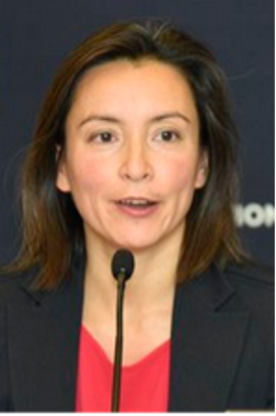
Naomi Miyashita is the Project Manager who currently leads a new workstream in the Department of Peace Operations (DPO) at the United Nations on addressing mis- and disinformation in peacekeeping settings. She previously managed the Policy Planning Team in DPO’s Division of Policy, Evaluation and Training (DPET), which is responsible for policy analysis on emerging strategic and operational challenges. Before that, Naomi has overseen protection, civil affairs and sustaining peace policy in DPET. She has served with UN agencies and peacekeeping operations in Rwanda, DRC, Chad, Sri Lanka, Haiti.
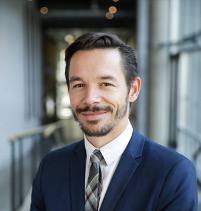
Frédérick Gagnon is the Raoul-Dandurand Chair in Strategic and Diplomatic Studies, Director of the Observatory on the United States and Director/Founder of the Observatory on Multidimensional Conflicts within the same Chair. A full professor in the Department of Political Science at the Université du Québec à Montréal, where he teaches U.S. politics, he was awarded a Fulbright scholarship from the U.S. Department of State for a post-doctoral seminar on American politics at the University of Massachusetts at Amherst in 2005, a visiting scholar at the Canada Institute of the Wilson Center in Washington, D.C., and at the Center for American Politics and Citizenship at the University of Maryland in the summer of 2006, and a visiting professor/researcher at Western Washington University in Bellingham in 2008.
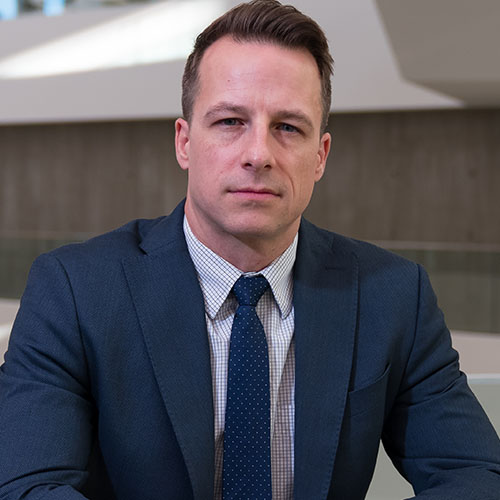
Dr. Jean-Christophe Boucher is an Associate Professor at the School of Public Policy and at the department of political science at the University of Calgary. His current work focuses on applied machine learning to understand how the digital world shapes our society. He is currently responsible for projects funded by the Department of National Defence (DND) to study information operations; the Social Science and Humanities Research Council (SSHRC) to understand civil-military relations in Canada; and holds grants from Alberta Innovates and the Vaccine Confidence Fund, and Merck to study vaccine hesitancy on social media to develop better communications strategies and tools to increase vaccine uptake.
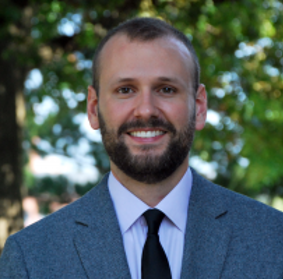
Dr. Mark Duerksen is a research associate at the Africa Center for Strategic Studies. His research focuses on Africa’s unparalleled urbanization and the security challenges and opportunities this shifting landscape presents. His current work includes analysis of Nigeria’s diverse security threats as well as the growing impact of disinformation campaigns on the continent’s rapidly changing information systems. Trained as a historian, he brings deep knowledge of the underlying material, governance, social, and developmental dynamics driving current tensions and conflicts in and around the continent’s cities.
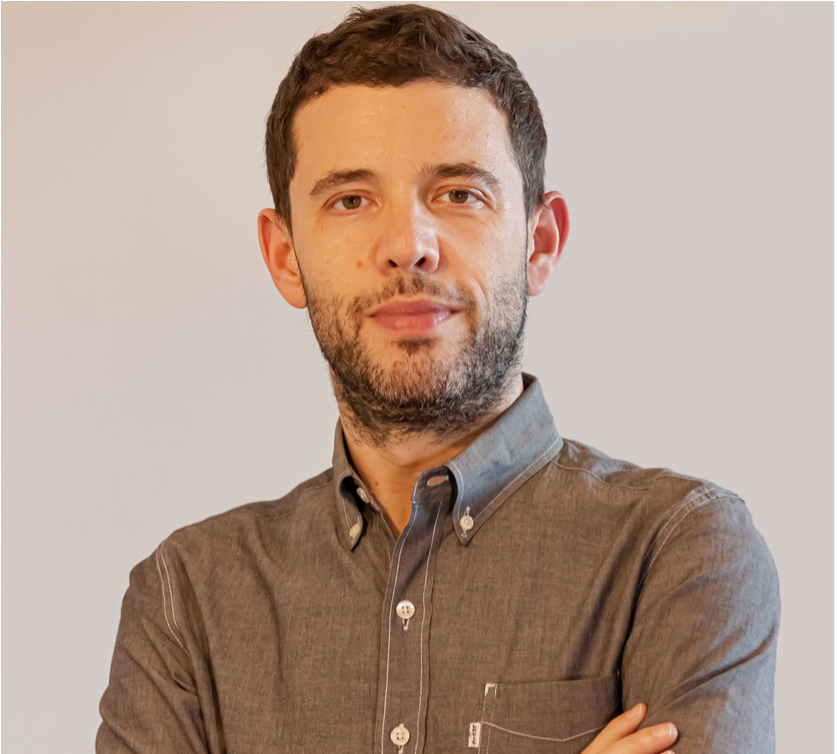
Dr. Dani Madrid-Morales is a Lecturer in Journalism and Global Communication at the Department of Journalism Studies, The University of Sheffield. Prior to this, he was an Assistant Professor at the Valenti School of Communication, University of Houston, and a Hong Kong PhD Fellow, at City University of Hong Kong. He studies global political communication, with a focus on the impact of new digital technologies on the production of State-sponsored news, global public opinion, and misinformation in the Global South. His latest co-edited book is Disinformation in the Global South (Wiley).

Madison Pestey is a third-year Political Science Major and History Minor at Salve Regina University in Newport, RI, USA. With an expressed interest in studying the United Nations, peace operations, humanitarianism, and international security, Madison has been working alongside Dr. Yvan Ilunga of the Salve Regina University Political Science and International Relations Department as a research assistant during the 2022-2023 school year. Given her particular interest in United Nations Peacekeeping, Madison has been focusing on active peacekeeping operations, specifically in Africa, and acts of violence committed against both UN and NGO personnel.

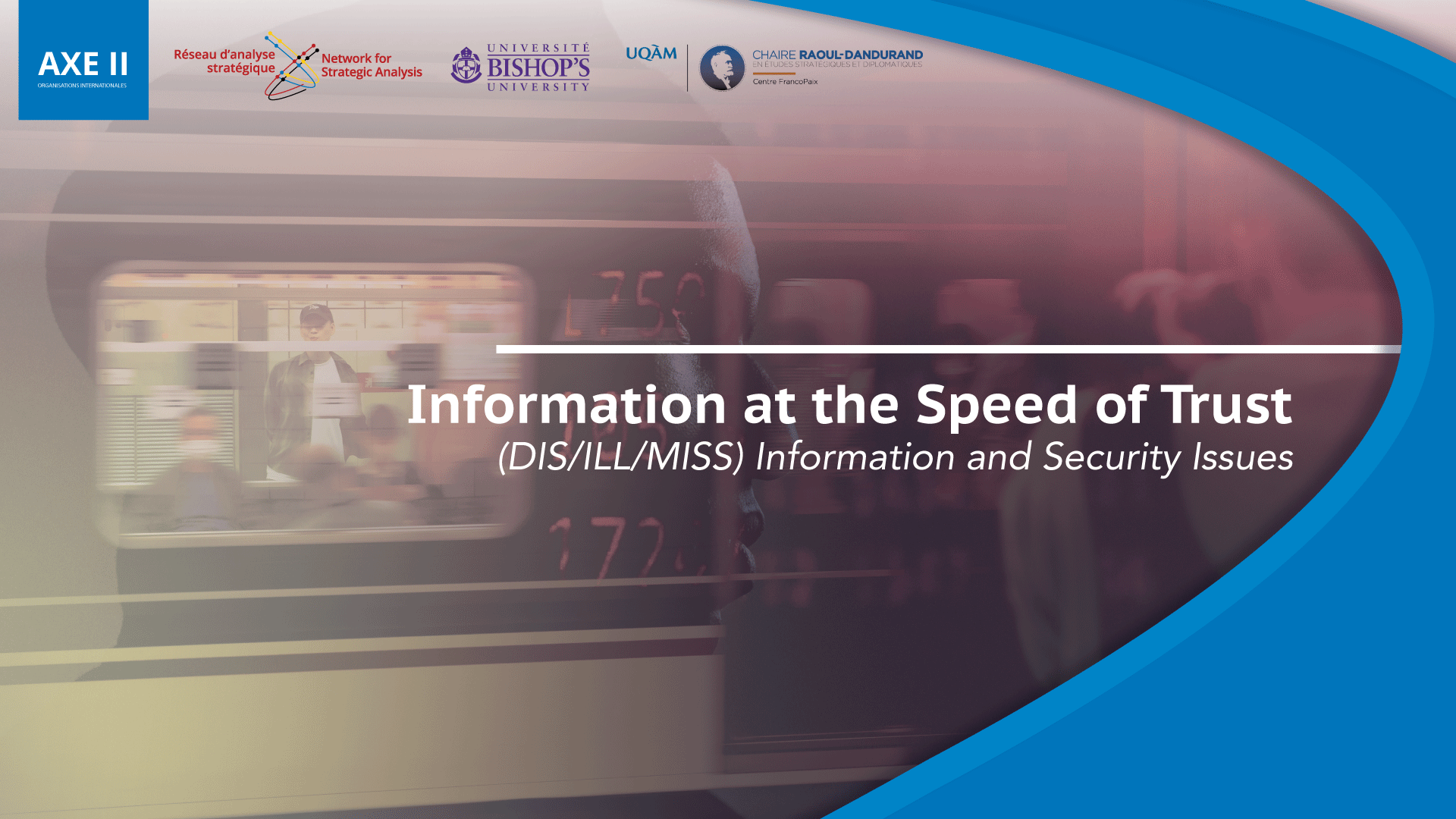



Comments are closed.